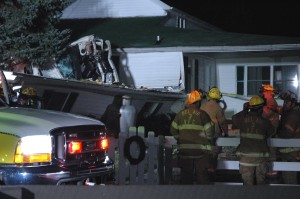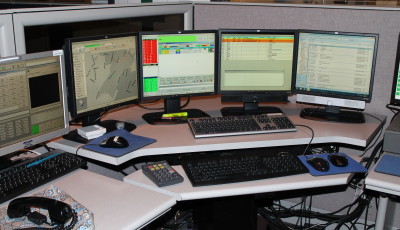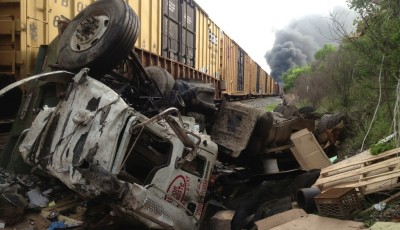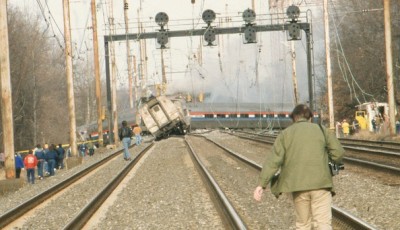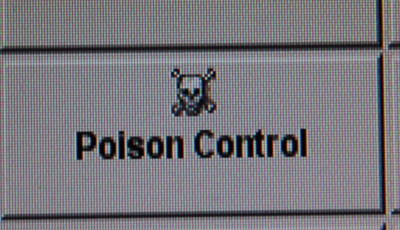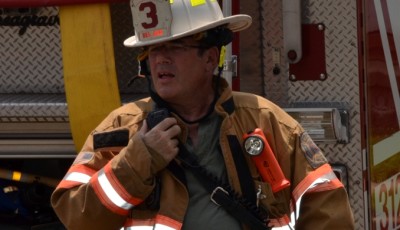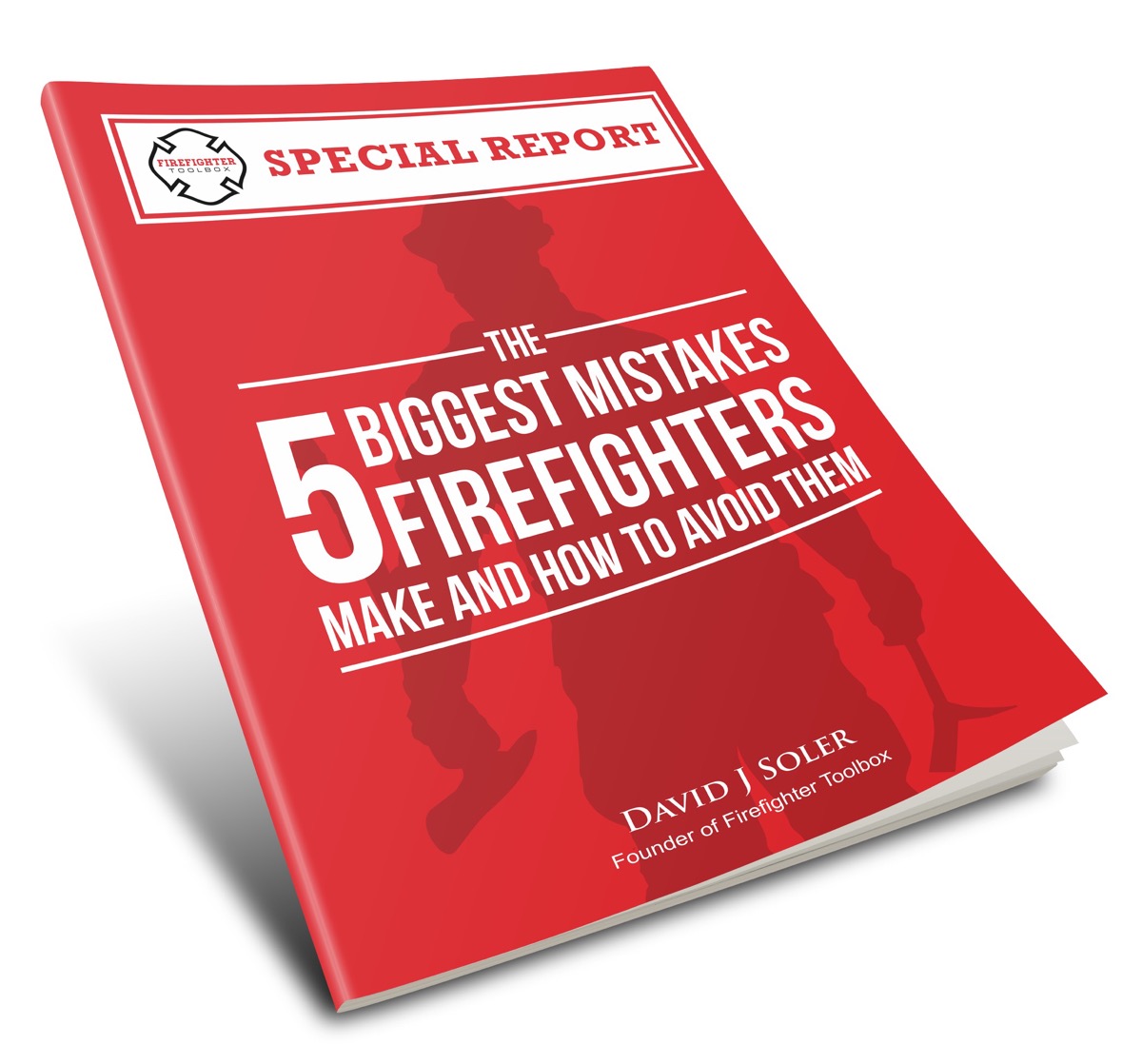Structural Collapse and Dispatch
Structural Collapse Call
What kind of information can you give your dispatcher to make your structural collapse call run smoothly?
First and foremost, remember the basics in communication we discussed in a prior article.
Does your fire department or dispatch center have policies or pre-plans for what to do on structural collapse calls? And if so, have you trained together to put these in play before a major incident actually occurs?
There are many things that go through a dispatchers mind as we receive a structural collapse call.
Many of the things that go through our head, are also crossing your mind as a first responder. One of the best things you can do as command or an officer, is to maintain clear communication with your dispatcher when requesting additional units and resources.
Step 1- Know What’s Enroute
First, know what is enroute to your location and who is already on scene. Don’t be afraid to use dispatch as you are figuring out where to stage units and what resources you might need next. If you determine that you need 4 engines, your dispatcher may need to clarify if that is 4 engines including or excluding the units still enroute.
Step 2 – Request Additional Resources
Step 3 – Keep Disbatch Informed
Get Prepared – Things To Think About and Prepare For
Is your dispatch center educated on what kind of equipment your department has available for structural collapse? Does your department have mutual aid agreements with other jurisdictions and are the dispatchers aware?
If you want the next 3 pieces of equipment that have a 10-ton crane, a cave-in unit or extra shoring equipment are they prepared to start you those units without asking where to get them from?
Many times responders aren’t aware of how things operate in dispatch and dispatchers don’t know about field operations. We need to close the gap of ignorance and it starts by getting involved. Ask question and start training with your dispatchers. This is a joint mission and training for responders and dispatchers will greatly prepare both sides for a high stress incident when the call comes in.


